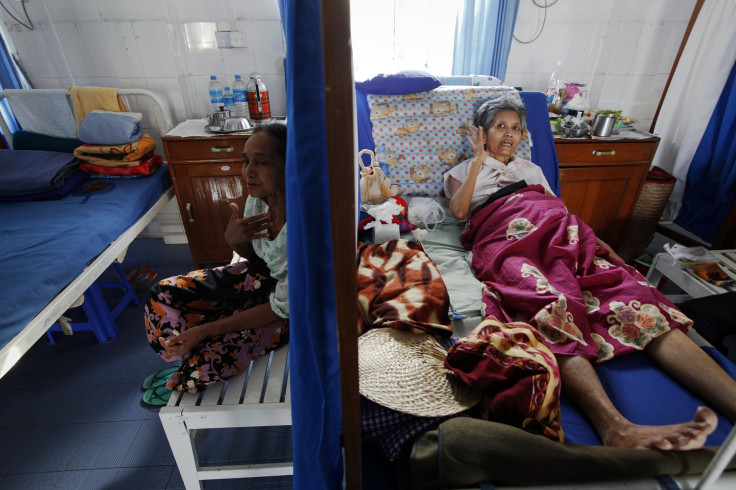Leukaemia pill Dasitinib may target faulty gene in some ovarian cancer tumours

A pill, commonly used for treating Leukaemia, may prove effective against a specific type of cancer, researchers have suggested. Ovarian cancer cells in mice stopped growing after they were treated with the drug Dasatinib. The discovery points towards new personalised therapy for ovarian clear cell carcinoma, a rare type of ovarian cancer.
As the drug is known to be safe and is an approved drug, it may be fast-tracked into clinics. Drug Dasatinib may target a faulty gene found in some ovarian cancer tumours. Lead researcher Dr. Chris Lord, who heads London's Gene Function Team at the Institute of Cancer Research, said that even though all ovarian cancers are difficult to treat, this rare type is often resistant to chemotherapy.
The drug may be effective in certain patients who carry mutations to a particular gene in their tumours. Half of all patients diagnosed with ovarian clear cell carcinoma have the targeted mutation. Experts are still not aware how the defective gene is linked to cancer. Laboratory results showed that Dasatinib stopped the cancer cells with the faulty gene from growing. Further studies in mice confirmed that the drug may also halt the growth of ovarian tumours.
The study was published in the journal Molecular Cancer Therapeutics and tested 68 different drugs on cancer cells with and without the mutation.
“Unfortunately ovarian cancer is often diagnosed when it has grown too far to be completely removed by surgery, which is why we need new ways to tackle it. It’s still early days and this drug will have to be tested in patients with this less common type of ovarian cancer before we can say for sure whether it’s effective, but the early results look promising,” Cancer Research UK’s chief clinician professor Peter Johnson said in a press release.
The study was funded by Cancer Research UK.




















